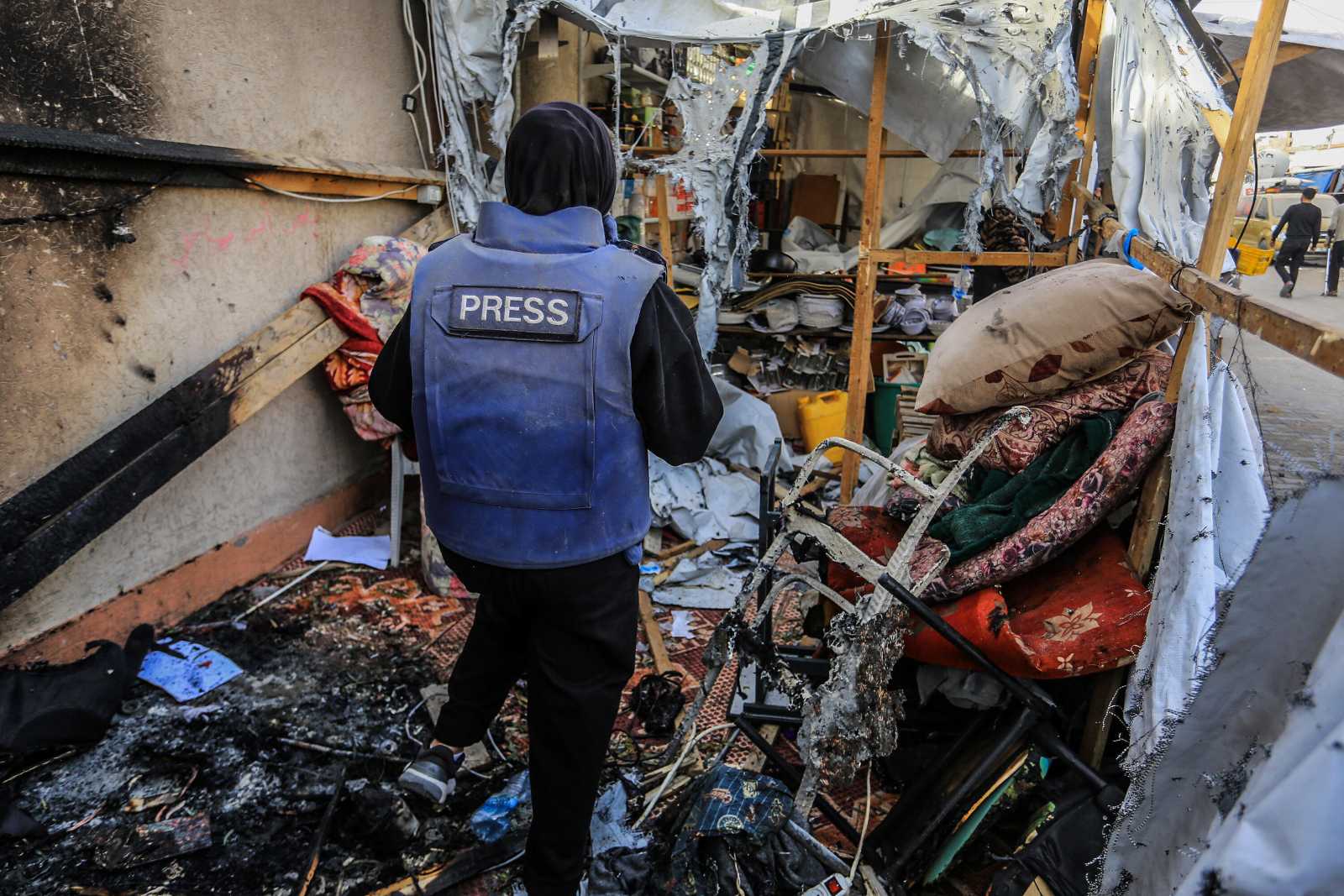Aid
Security or development efforts?
[ By Tillmann Elliesen ]
A much debated topic is the extent to which donor countries should be permitted to report as official development assistance (ODA) their spending in areas where development and security issues converge. In 2004 and 2005, the OECD’s Development Assistance Committee (DAC) broadened the definition of ODA in two stages, and included a number of expenditures in security-related areas. For instance, drafting legislation to prevent the recruitment of child soldiers is now considered ODA-relevant. The same is true of
– measures to enhance civil society’s role in controlling the police and military,
– civilian activities related to peace-building and conflict prevention, as well as
– steps to prevent and reduce the spread of small arms.
That was as far as some donors were prepared to go. Others would like to have seen the yardstick for ODA-allowable expenditure shifted even further in the direction of security measures. In any case, the DAC stuck to the principle that development aid ends wherever the military directly becomes involved as a partner. Not all observers applauded this decision.
A recent study by the Bonn International Center for Conversion (BICC) proposes a compromise. It suggests a further, but very cautious extension of the ODA criteria and the introduction of a new category of “Security Aid” with a reference to development policy. This reform would preserve the credibility of conventional ODA and the comparability to earlier ODA statistics. At the same time, it would satisfy the desire of those donor countries that are in favour of tying both policy fields closer together.
The study’s author is BICC staff member Michael Brzoska. He is in favour of regarding cooperation with the military as ODA in a few additional cases, arguing that “exceptions should be made only in cases where the armed forces are instruments – but not principal actors – in activities justified and steered by development objectives.” Examples he mentions include armed forces’ support to civilian activities, such as the transportation of civilian observers for monitoring cease-fires, military involvement in re-integration measures for former combatants or the destruction of weapons, including small arms.
In contrast, cooperation which involves the military as a principal partner should not be considered ODA, according to Brzoska. Here, he refers to support for the formation, re-organisation and consolidation of armed forces in the context of security sector reforms as well as support for peacekeeping missions and training of soldiers. In such cases, Brzoska proposes “Official Security, Peace and Stability Assistance” (OSA) as a new reporting category. Brzoska argues that OSA presumably would not have the political relevance of “standard” ODA, but instead would remain mainly informative in nature, as are other categories in the DAC reporting system, for example the category of Other Official Flows (OOF). However, an OSA category would allow donors to stress the development motive behind certain types of cooperation with armed forces. At the same time, it would preserve the integrity of the existing ODA. In other words, there would be no base for the suspicion that donors were “dressing up” their ODA statistics by extending the criteria. Brzoska says he estimates expenditure which would be included as OSA to have a volume of at least 25 % of current ODA.
However, development policy-makers must not only consider the extent to which they want to deal with state-run security forces. In many countries, private security and military companies are of growing relevance. The British aid agency Saferworld has released a study, bemoaning the fact that development agencies have, to a large extent, ignored these companies so far, even in the context of security-sector reforms. The authors of the study, Anna Richards and Henry Smith, see this neglect as a serious shortcoming. After all, private security companies have come to play a more important role than the police or the military in many countries. In South Africa, for example, there are now about three times as many private security agents as police officers.
Any programme to reform a country’s security sector must first assess all operational private security firms and their significance, the study says. It is not helpful to ignore such firms from the outset, labelling them as disreputable. The aim should be to create and enforce legislation, monitoring and controlling the activities of such private firms. What private-sector agencies may and may not do, as well as their relationship to government-run security agencies like the police, must be clearly defined. The qualification and training of personnel must be controlled by the state and comply with international standards, such as the UN Code of Conduct for Law Enforcement Officials. Licensing of private security companies should depend on fulfillment of such standards.
In Bosnia and Herzegovina, the government, client groups and international organisations came together to create a code of conduct for security forces. According to Saferworld, a considerable number of the firms affected have adopted these rules. Saferworld regards the Sarajevo Code of Conduct for Private Security Companies as a successful case where reforms of a country’s security sector were sensitive to the private sector. The situation is quite different in South Africa, where the government has only recently started to give thought to how it could involve the private sector in its plans for national security.







